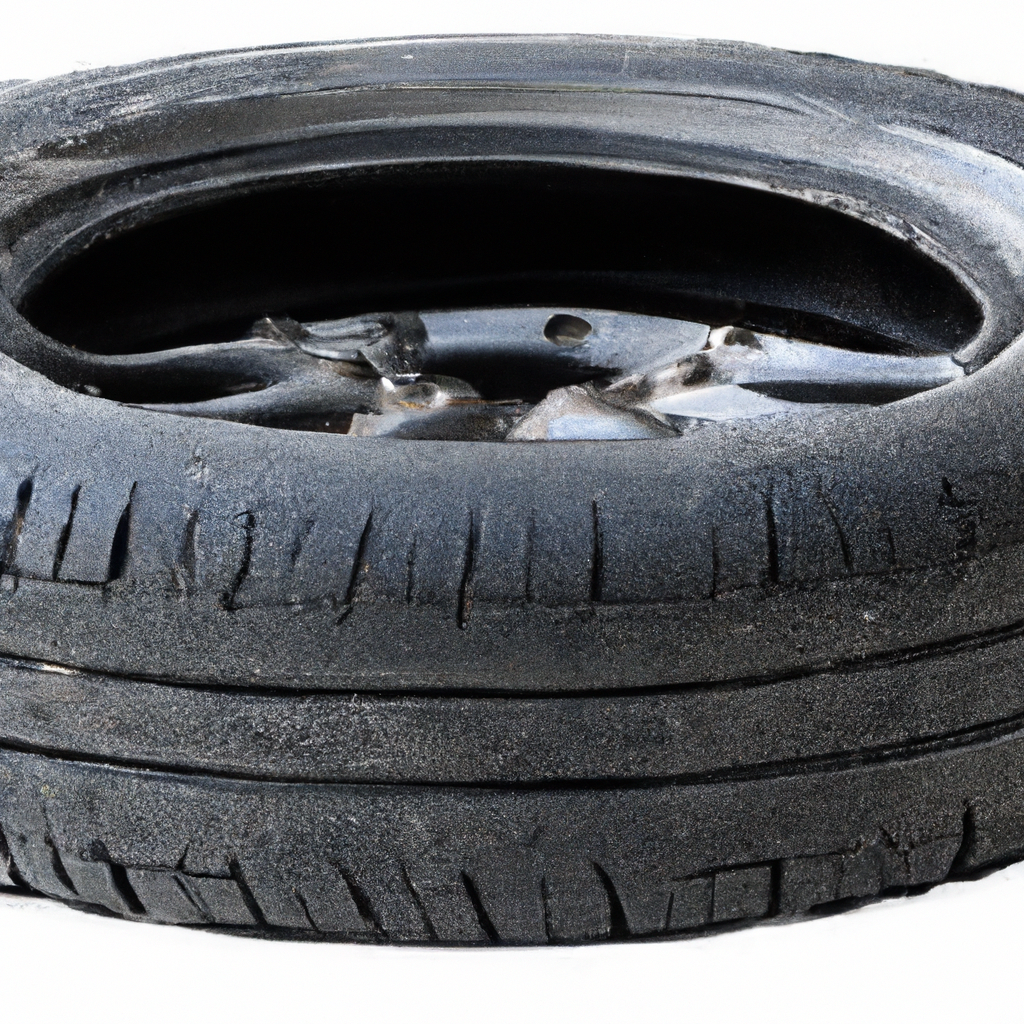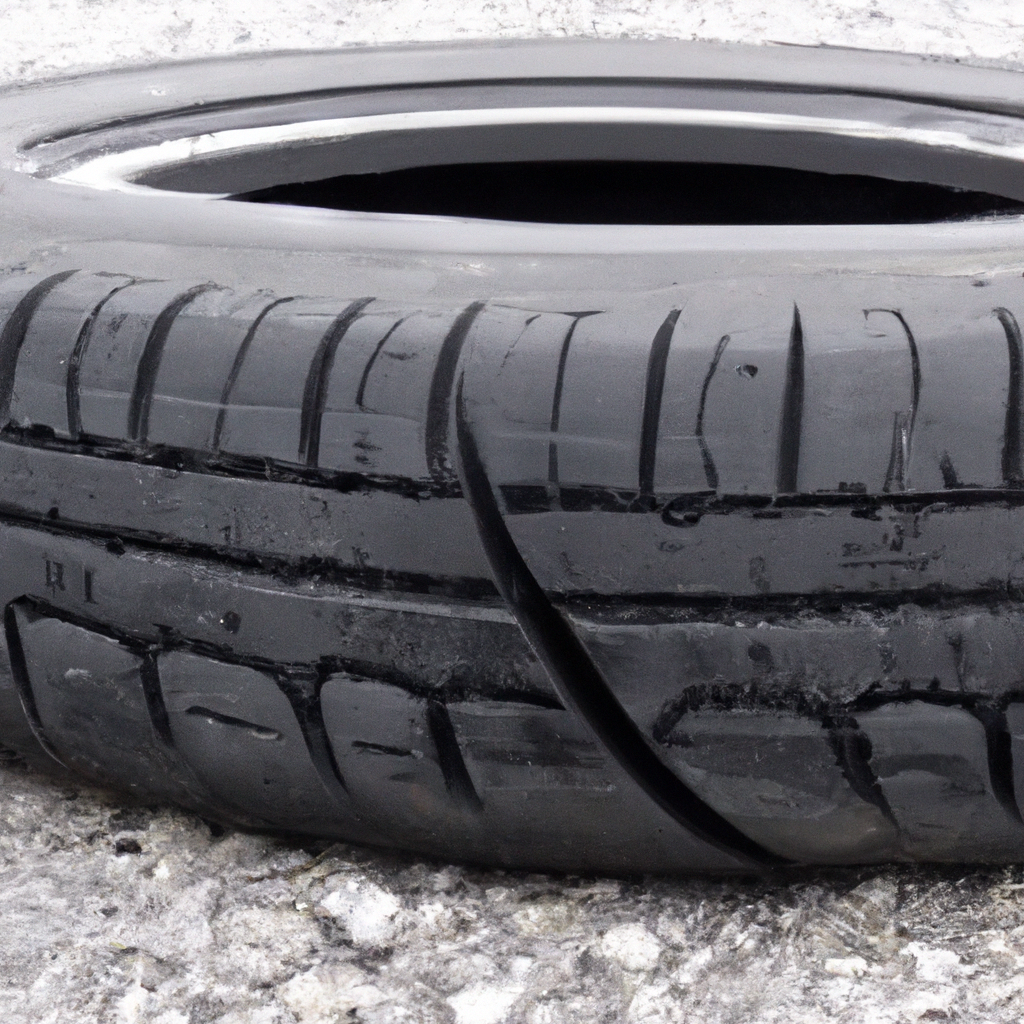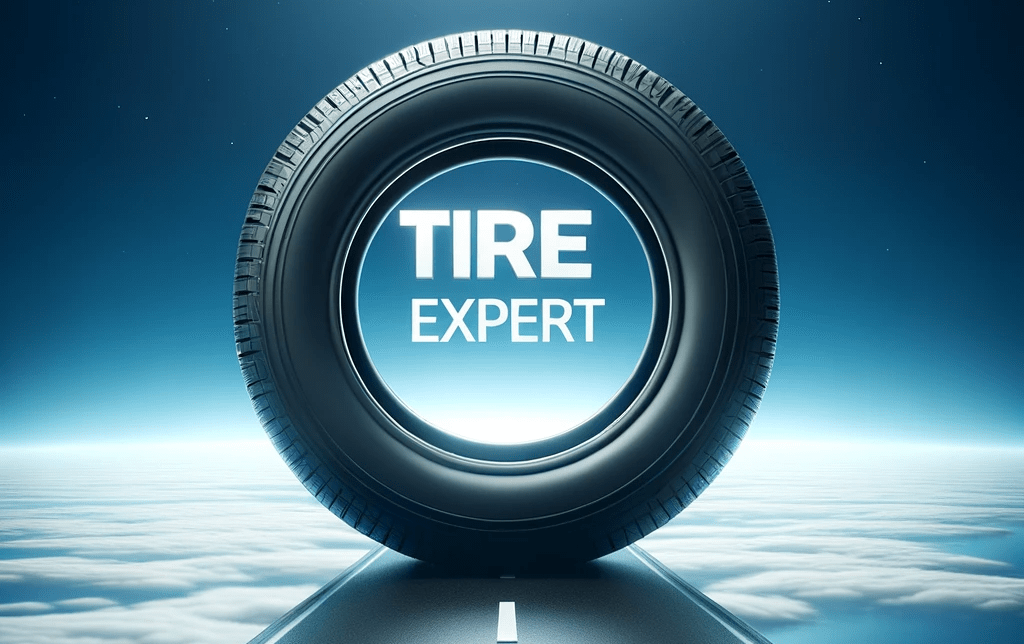Imagine cruising down the road, enjoying a smooth ride in your car when suddenly, you encounter a pothole the size of a small crater or dodge a pile of road debris. You may wonder, can your run-flat tires handle these common obstacles? Well, the answer is right here in this article. From exploring the durability of run-flat tires to their ability to withstand the impact of potholes and road debris, we’ll uncover the truth about these innovative tires and put any concerns to rest. So sit back, relax, and let’s find out if your run-flat tires are up to the challenge!
Understanding Run-flat Tires
Run-flat tires are a specialized type of tire that are specifically designed to allow you to keep driving even if the tire gets punctured or loses air pressure. These tires are equipped with reinforced sidewalls and a stiffer construction, which enables them to support the weight of the vehicle even without any air inside.
The Construction and Technology Behind Run-flat Tires
The construction of run-flat tires is quite different from conventional tires. They feature reinforced sidewalls that provide added strength and rigidity, allowing the tire to support the vehicle’s weight even after a puncture. Additionally, run-flat tires often incorporate special internal support systems, such as run-flat inserts or specially designed bead structures, to further enhance their ability to continue functioning even when punctured.

Benefits of Run-flat Tires
Run-flat tires offer several advantages over conventional tires. Firstly, they provide an extra level of safety as they allow you to continue driving to a safe location even after a puncture, minimizing the need for immediate roadside assistance. This can be especially beneficial in situations where finding a safe spot to stop or waiting for help is not feasible. Additionally, run-flat tires eliminate the need for a spare tire, saving valuable trunk space. Moreover, they reduce the risk of losing control of the vehicle in case of sudden tire failure, as they maintain their structural integrity even when punctured.
Impact of Potholes on Run-flat Tires
Potholes can pose a challenge for all types of tires, including run-flats. While run-flat tires are designed to withstand punctures, hitting a deep pothole can cause damage to the tire’s structure or even the wheel itself. The impact can potentially lead to cracks or dents in the sidewalls, compromising the tire’s overall integrity. However, due to their reinforced construction, run-flat tires have a higher resistance to such damage compared to standard tires.

Effects of Road Debris on Run-flat Tires
Road debris, such as sharp objects or small rocks, can also pose a threat to run-flat tires. While the reinforced sidewalls of run-flat tires provide increased protection against punctures, they are not completely immune to damage from sharp objects. Road debris can still cause cuts or tears in the tire, resulting in a loss of air pressure. However, it is important to note that run-flat tires typically offer a certain degree of self-sealing capabilities, which can help prevent immediate air loss and allow you to continue driving to a safer location.
Run-flat Tires vs. Conventional Tires: Pothole Performance
When it comes to handling potholes, run-flat tires generally have an edge over conventional tires. The reinforced construction of run-flats allows them to better absorb the impact of hitting a pothole, reducing the risk of immediate damage. Additionally, run-flat tires provide the advantage of allowing you to continue driving after hitting a pothole, minimizing the inconvenience and potential hazards involved with changing a tire on the side of the road.

Comparing Run-flat Tires to Standard Tires: Road Debris Handling
When it comes to road debris, run-flat tires offer improved handling compared to standard tires. The reinforced sidewalls provide an extra layer of protection against punctures and cuts from sharp objects. While run-flat tires are not completely impervious to damage caused by road debris, they offer a higher level of resistance and can often continue to function despite such encounters. Standard tires, on the other hand, are more vulnerable to immediate air loss and potential tire failure when encountering road debris.
Maintenance and Inspections for Run-flat Tires
Proper maintenance and regular inspections are key to ensuring the longevity and performance of run-flat tires. It is important to regularly check the tire pressure and inspect the sidewalls for any signs of damage or wear. If you notice any abnormalities, such as cuts, bulges, or cracks in the sidewalls, it is essential to have the tire inspected and possibly replaced by a qualified professional.

Replacing Run-flat Tires after Pothole or Road Debris Damage
If your run-flat tire sustains damage from a pothole or road debris, it is crucial to have it inspected by a tire professional as soon as possible. While run-flat tires are designed to be more resilient to punctures and impact damage, they are not invincible. Depending on the severity of the damage, the tire may need to be repaired or replaced. It is important not to ignore any signs of damage and to seek professional assistance to ensure your safety on the road.
Run-flat Tires: The Ideal Choice for Potholes and Road Debris
Overall, run-flat tires are a great option for handling potholes and road debris. With their reinforced construction, they can withstand the impact of hitting potholes and offer increased resistance to punctures from road debris. While no tire is completely immune to damage, run-flat tires provide an extra layer of safety and convenience by allowing you to continue driving even after a puncture. However, it is important to remember that proper maintenance, regular inspections, and seeking professional assistance when damage occurs are key to maximizing the effectiveness and longevity of run-flat tires. So, if you often find yourself navigating pothole-riddled roads or encountering debris-filled highways, investing in run-flat tires may be the ideal choice for you.


